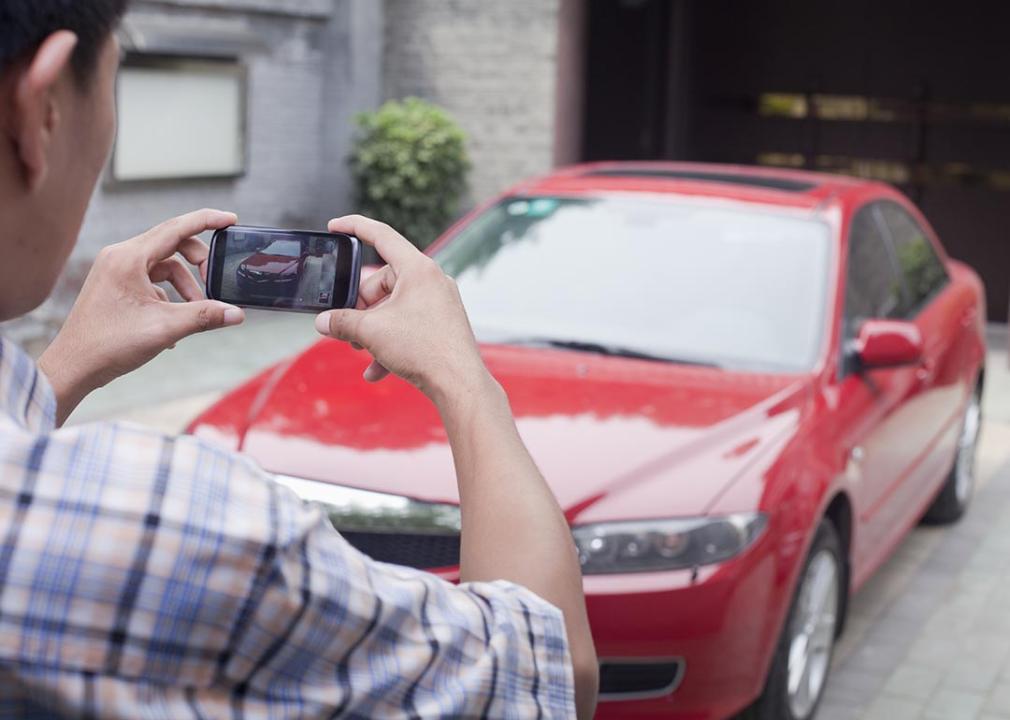Wind: mph,
Welcome to our new web site!
To give our readers a chance to experience all that our new website has to offer, we have made all content freely avaiable, through October 1, 2018.
During this time, print and digital subscribers will not need to log in to view our stories or e-editions.

If you're asking yourself, "What's the best way to sell my car?" The good news is that nowadays, you have more options than ever. Which is right for you will depend on personal calculus balancing getting the best price with enjoying the most convenience. Below CarGurus details the various ways you can sell your car, as well as rounding up a few tips on what to do before you start the process.
If you're wondering how to sell your car, the quickest and most convenient way is via an instant cash offer. This option lets you sell your car online from start to finish. There are many services car owners can use to complete this process, which often includes everything from a competitive online offer to at-home pickup and payment upon closing the deal. And this type of sale typically puts more money in your pocket than you'd get from the average dealer trade-in.
There are two ways in which you might sell your car to a dealership. The first is as a straight sale, where the dealership buys the car for cash. The second is trading it in, which we'll cover separately below.
When selling a car to a dealership for cash, you'll have maximum convenience in the sense that the dealership will help with all the paperwork and won't demand that the car is spotlessly clean. But, remember that the dealership will also need to spend money preparing the car for sale to another customer, as well as build in some profit margin, so don't expect the best price.
Similar to above, trading in your old car as part of purchasing a new one from the same dealership is not one of the best ways to sell if you want to get the most money. But if you're busy, it offers convenience that selling privately does not. Plus, there are often tax advantages for trade-ins.
There's also a hidden value behind trade-ins that relates to car buying. Most states allow dealerships to subtract the agreed-upon trade-in value from the new vehicle's price when processing your sales transaction. This benefit can potentially reduce your new car's tax burden by thousands (or tens of thousands) of dollars, saving you some serious cash.
Consider a private sale if you want to make the most money and don't care how much work it will take. This route offers greater control over the outcome than trading in a vehicle at a dealership, and it can help you get the best price. Avenues include Craigslist, Facebook Marketplace, and good old classified ads.
Many people choose not to sell privately because they find it to be a hassle. Posting on an online marketplace, arranging test drives, and negotiating on your asking price, all while avoiding scams, sounds like an awful lot of effort if you're just looking to unload your used vehicle. However, if you're motivated to make top dollar, be aware that a private party sale can help you retain some of the value you'd give up to a car dealer on a trade-in. To weigh up the full pros and cons, read our guide: Should You Sell Your Car Yourself.
On rare occasions, you might find the best way to sell your car is via good old-fashioned word of mouth (and remember, this can include social media, even if you don't want to use Facebook Marketplace). You might find your ideal car buyer just by letting friends, colleagues, and family know that you're starting the car-selling process. That might be because your car fits a certain price bracket, or because it's a model they're particularly interested in. Either way, selling a used car by word of mouth can help you realize a sale price closer to what you'd get if you advertised the car privately, without the prospect of lots of viewings and potential time-wasters. Plus, working with friends of friends reduces your risk of encountering scammers.
Just remember that your car's value can only be maintained or improved by keeping it clean and fully serviced, regardless of how you're finding your potential buyers.
Whatever way you choose to sell your car, there are several things you should do before presenting it to a prospective buyer:
This story was produced by CarGurus and reviewed and distributed by Stacker Media.